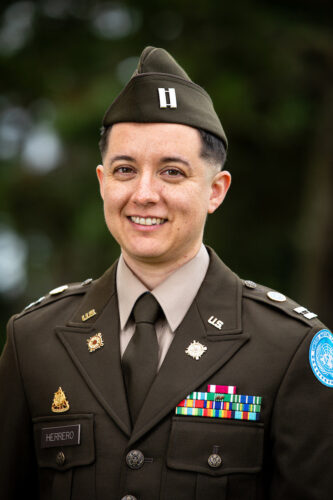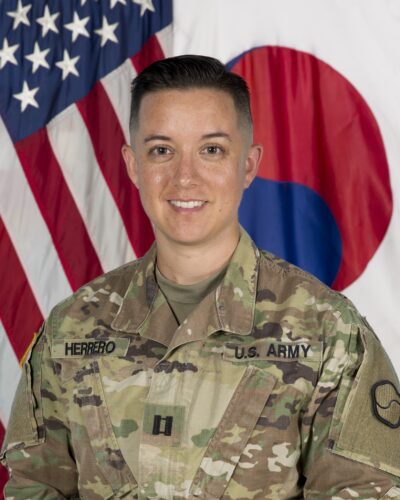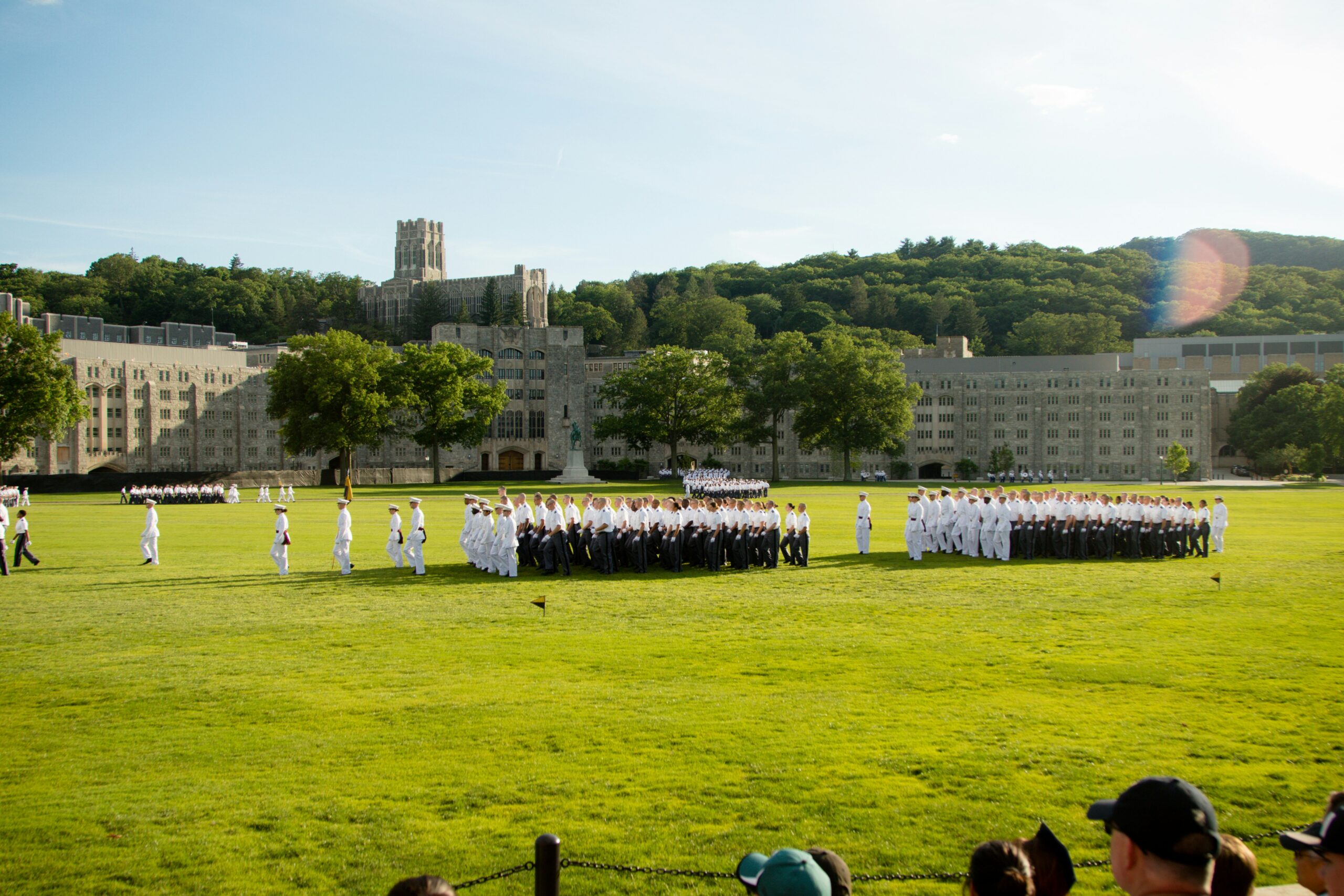[fusion_builder_container type=”flex” hundred_percent=”no” equal_height_columns=”no” menu_anchor=”” hide_on_mobile=”small-visibility,medium-visibility,large-visibility” class=”” id=”” background_color=”” background_image=”” background_position=”center center” background_repeat=”no-repeat” fade=”no” background_parallax=”none” parallax_speed=”0.3″ video_mp4=”” video_webm=”” video_ogv=”” video_url=”” video_aspect_ratio=”16:9″ video_loop=”yes” video_mute=”yes” overlay_color=”” video_preview_image=”” border_color=”” border_style=”solid” padding_top=”” padding_bottom=”” padding_left=”” padding_right=””][fusion_builder_row][fusion_builder_column type=”1_1″ layout=”1_1″ background_position=”left top” background_color=”” border_color=”” border_style=”solid” border_position=”all” spacing=”yes” background_image=”” background_repeat=”no-repeat” padding_top=”” padding_right=”” padding_bottom=”” padding_left=”” margin_top=”0px” margin_bottom=”0px” class=”” id=”” animation_type=”” animation_speed=”0.3″ animation_direction=”left” hide_on_mobile=”small-visibility,medium-visibility,large-visibility” center_content=”no” last=”true” min_height=”” hover_type=”none” link=”” border_sizes_top=”” border_sizes_bottom=”” border_sizes_left=”” border_sizes_right=”” first=”true”][fusion_text]
Read the other blog posts in our Service Beyond Gender series:
- U.S. Navy Lt. Rae Timberlake’s Mission of Authenticity and Dedication
- Major Alivia Stehlik’s Mission of Care and Legacy of Compassion
- Clayton McCallister’s Pursuit of Purpose and Dream of Service
- The Fight to Serve and the Future of the Force
- Nathan Casey’s Journey of Music, Leadership, and Visibility in the Marine Corps
By guest contributor Trish King
West Point.
For many Americans, that name evokes images of towering stone buildings overlooking the Hudson River, with hallowed halls that shaped generations of military leaders. It is one of the most selective institutions in the United States, where admission is an achievement in itself and graduating marks the start of a career that shapes national defense.
To be invited to teach at West Point isn’t just a career milestone — it’s an honor, a recognition of excellence, and a call to service that few are offered. For Captain Gordon Herrero, a transgender man and an accomplished U.S. Army officer, that honor is the culmination of years of leadership, authenticity, and resilience.
When Herrero begins his assignment as an instructor at West Point in 2025, he will step into one of the Army’s most prestigious roles: shaping the next generation of military leaders. His own journey to this moment has been shaped by the strong leaders who mentored him, his transformation into a leader, and his decision to live authentically as a transgender man while serving in the military.
A Legacy of Leadership
 Growing up, Herrero never imagined himself as a future military officer, let alone a teacher at West Point. But service runs in his family, and as a young man struggling to find his identity, he found himself drawn to the Army ROTC program at his university. Initially, he joined to prove something — to himself and to the legacy of service in his family.
Growing up, Herrero never imagined himself as a future military officer, let alone a teacher at West Point. But service runs in his family, and as a young man struggling to find his identity, he found himself drawn to the Army ROTC program at his university. Initially, he joined to prove something — to himself and to the legacy of service in his family.
“My mother, grandmother, and other family members had all served in the military,” he explains. “I wanted to prove that I had the strength and courage to do it too.”
Although he didn’t have the words for it at the time, Herrero also joined the Army to escape the discomfort he felt in his own skin — something he later realized stemmed from gender dysphoria. He thought the structured environment of the military might ameliorate those feelings. Instead, it amplified them. “Life in the military is so stratified along male and female lines that I couldn’t escape it,” Herrero reflects. “Eventually, I had to confront it.”
It wasn’t until he stepped into leadership roles as an officer that Herrero began to fully appreciate the complexity of what it means to lead. As a lieutenant, he struggled to find his voice initially. “I remember giving verbal counseling to a soldier for the first time. I knew I was right, but I choked up so much, my first sergeant said he had to lean in just to hear me,” Herrero recalls with a laugh. “But over time, I found my voice,” he says. “It wasn’t until I embraced who I was, both as a person and a leader, that I could lead effectively.”
That transformation came into sharp focus when Herrero was selected for command of the 138th Movement Control Team in Korea. It was there, during one of the busiest assignments of his career, that he decided he was ready to come out as transgender to his soldiers and begin his transition.
He worried about how they might react, but the result was nothing short of inspiring. “They broke into applause, twice,” he says. “One of my staff sergeants simply asked, ‘How would you like us to address you?’ That moment — going from being called ‘ma’am’ to ‘sir’ — was a turning point. It brought us closer together as a unit. More trust meant better communication and more effective mission execution.”
Leaders Supporting Leaders
Throughout his career, Herrero has been shaped by the leaders who believed in him, challenged him, and gave him space to grow. He recalls one of his earliest mentors, a captain who was his company commander, who took a chance on him when others doubted his abilities.
“The captain had a reputation for being tough, and everyone thought I’d hate working for him,” Herrero says. “But he pushed me in ways that made me stronger. He had this rare ability to set high standards while making you feel supported.”
Later, as a company commander, Herrero experienced that same type of leadership from his battalion commander. During an initial counseling session, Herrero opened up about the challenges he faced, from managing a soldier recovering from trauma to grappling with his own gender dysphoria. The response was one of unwavering support. “He told me, ‘I can’t imagine what it feels like to go through what you’re experiencing, but I’ll support you in any way I can.’ That conversation gave me the confidence to move forward.”
These leaders didn’t just inspire Herrero; they helped him become the type of leader who could successfully mentor others. “I’ve had phenomenal leaders throughout my career,” he says. “It’s rare to find so many people willing to not just hold you accountable but to build you up. I want to be that kind of leader for others.”

The Significance of West Point
Now, Herrero is poised to take those lessons to West Point, where he will teach applied mathematics to future Army officers. It’s a role that highlights both his professional excellence and his personal resilience.
The Army has invested heavily in Herrero, sending him to the Naval Postgraduate School to earn a master’s degree in preparation for this assignment. But the honor of teaching at West Point comes at a pivotal time for Herrero and other transgender service members, as ongoing policy debates threaten their ability to serve.
The weight of this opportunity isn’t lost on Herrero. “West Point is more than just a school. It’s where our future leaders are forged,” he says. “I feel a deep responsibility to not only teach them math but to model the kind of leadership I’ve been so fortunate to experience — leadership that values authenticity, integrity, and service.”
A Call to Serve Authentically
For Herrero, authenticity isn’t just a personal choice; it’s a leadership philosophy. He believes that when leaders show up as their true selves, they inspire those they lead to do the same.
“Coming out as transgender was one of the hardest things I’ve ever done,” he says. “But it was also the most liberating. My soldiers trusted me more because they knew I wasn’t hiding anything from them.”
As Herrero prepares to take on his new role at West Point, he reflects on the journey that brought him here. “Leadership isn’t about perfection,” he says. “It’s about showing up, owning who you are, and doing the work. That’s what I want to pass on to the next generation of officers.”
Captain Gordon Herrero’s story is one of resilience, authenticity, and a deep commitment to service. As he steps onto the storied grounds of West Point, he carries with him the lessons of the leaders who shaped him — and the responsibility to pass those lessons on to the leaders of tomorrow.
Guest contributor Trish King is a retired U.S. Army infantry NCO and the first openly transgender service member in her field. She writes about military life, family, and LGBTQ+ rights, drawing from her decades of service and personal experience.
Top photo by Dave Lowe on Unsplash
[/fusion_text][/fusion_builder_column][/fusion_builder_row][/fusion_builder_container]
© Copyright modern military association | EIN 52-1845000 | all rights reserved | legal & Financial
